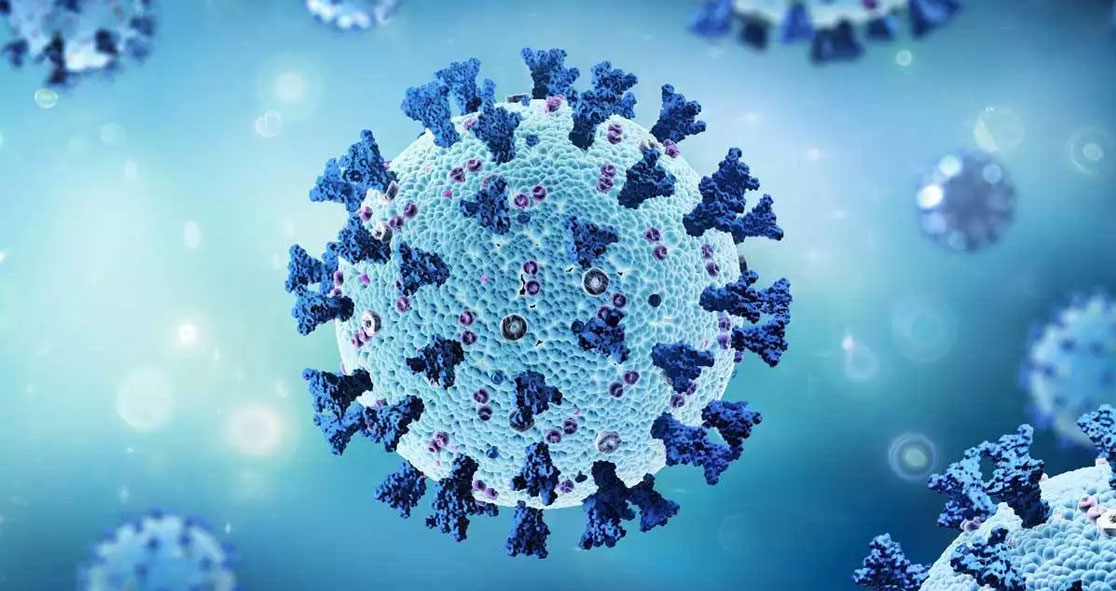As the COVID-19 pandemic continues to affect the world, there has been a lot of debate on how long immunity lasts after an unvaccinated person is infected by the virus.
Now, researchers from Yale School of Public Health and the University of North Carolina at Charlotte have come up with a strong answer. They said protection against SARS-CoV-2, the virus that causes COVID-19, after natural infection is short-lived, according to Yale News.
The study’s lead author Prof. Jeffrey Townsend said, “Reinfection can reasonably happen in three months or less. Therefore, those who have been naturally infected should get vaccinated. Previous infection alone can offer very little long-term protection against subsequent infections.”
The researchers, who published their findings in the journal The Lancet Microbe, analyzed known reinfection and immunological data from the close viral relatives of SARS-CoV-2 that cause “common colds,” along with immunological data from SARS-CoV-1 and Middle East Respiratory Syndrome (MERS), according to the news outlet.
This is the first study to determine the risk of reinfection after natural infection in unvaccinated people.
The researchers said COVID reinfections can, and have, happened even shortly after recovery, as they will become increasingly common because immunity wanes over time and new variants arise.
The study’s co-lead author Prof. Alex Dornburg said, “We tend to think about immunity as being immune or not immune. Our study cautions that we instead should be more focused on the risk of reinfection through time.”
“As new variants arise, previous immune responses become less effective at combating the virus,” he added. “Those who were naturally infected early in the pandemic are increasingly likely to become reinfected in the near future.”
Prof. Townsend said, “Just like common colds, from one year to the next you may get reinfected with the same virus. The difference is that, during its emergence in this pandemic, COVID-19 has proven to be much more deadly.”
“However, our findings underscore its important role in informing decision-making, and provide a crucial steppingstone toward robust knowledge of our prospects of resistance to SARS-CoV-2 reinfection,” he added. The article was published in Yale News.























